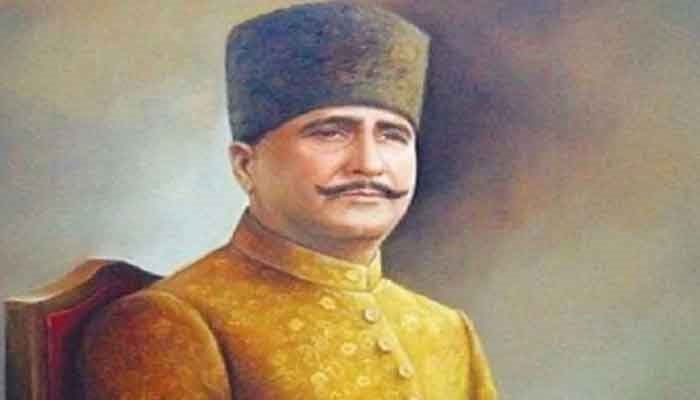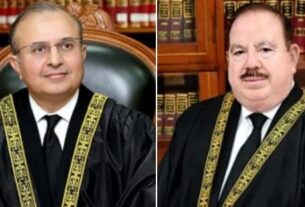1. Iqbal Day
In Pakistan, Allama Muhammad Iqbal, a leader poet, philosopher, and statesman who is regarded as one of the most significant people in the nation’s history, is honored on Iqbal Day. Every year on November 9, the country celebrates this holiday, which serves as an opportunity to consider Iqbal’s contributions and his vision for a prosperous and united Pakistan.
2. Honoring Pakistan’s National Poet
An important person in Pakistani history, Iqbal is renowned for his stirring poetry and thought-provoking ideas. In Pakistan, Iqbal Day is a recognized festival honoring the life, contributions, and philosophy of this significant figure.
3. A Day for National Unity Reflection
Self-empowerment and togetherness were major themes in Allama Iqbal’s poetry. His well-known poem “Tarana-e-Milli” urged Muslims to put aside their differences and stand together. His writings served as an appeal for people to unite around a common future vision. Iqbal Day is an opportunity to review these crucial teachings, particularly for the younger generation, in order to help them appreciate the importance of national cohesion.
4. Iqbal visions
The day offers a number of opportunities to consider his achievements to the country:
a. Recitations of Poetry:
Students recite Iqbal’s well-known poetry in class, which convey his concepts of independence and solidarity.
2. Raising the Flag:
Raising the national flag is a sign of Pakistan’s power and solidarity.
3. Events for Education:
Schools and universities host special talks and seminars to consider how Iqbal’s theories can influence Pakistan’s future.
4. Seeing the Tomb of Iqbal:
To honor the poet and philosopher, a large number of people travel to Lahore to visit Allama Iqbal’s tomb.
5. Iqbal’s Shaped Educational System
a. Promoting Critical Thought:
Because of Iqbal’s desire for students to develop their own critical thinking skills, modern schools now emphasize creativity and problem-solving.
2. Promoting National Cohesion:
Iqbal believed that education should unite people and foster a feeling of common identity. His theories established the groundwork for an educational system that fosters harmony among Pakistan’s various regions.
3. Holistic Growth:
Iqbal’s worldview, which is still reflected in Pakistan’s educational system, advocated for striking a balance between the development of moral principles and intellectual advancement.
یہ بھی پڑھیں:




